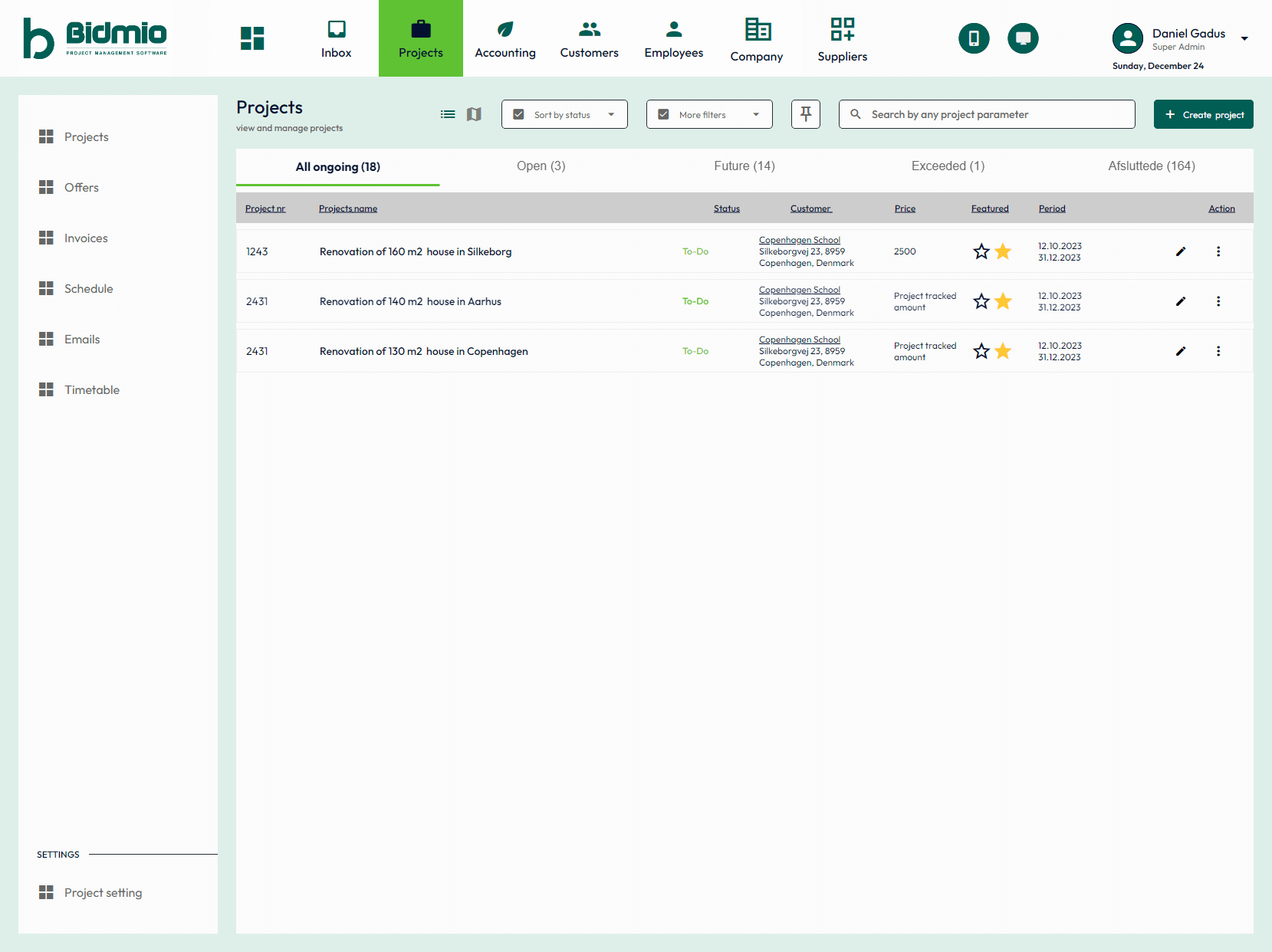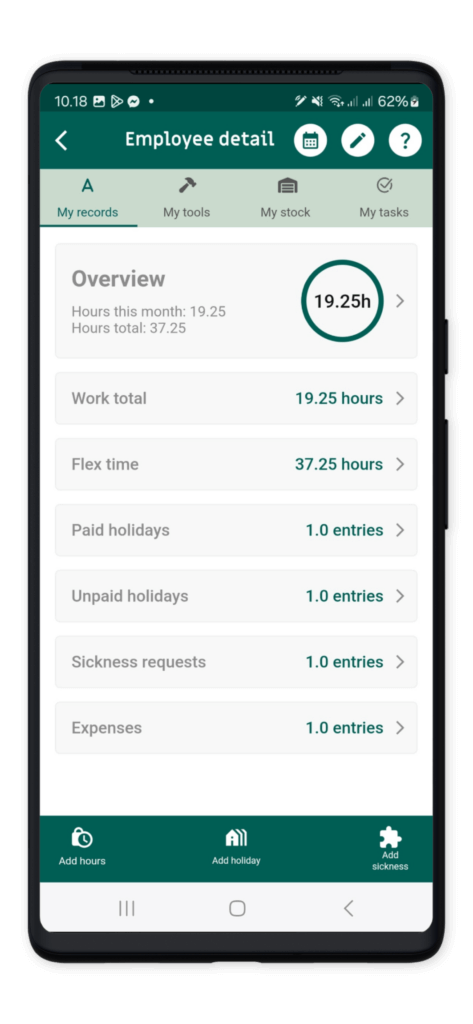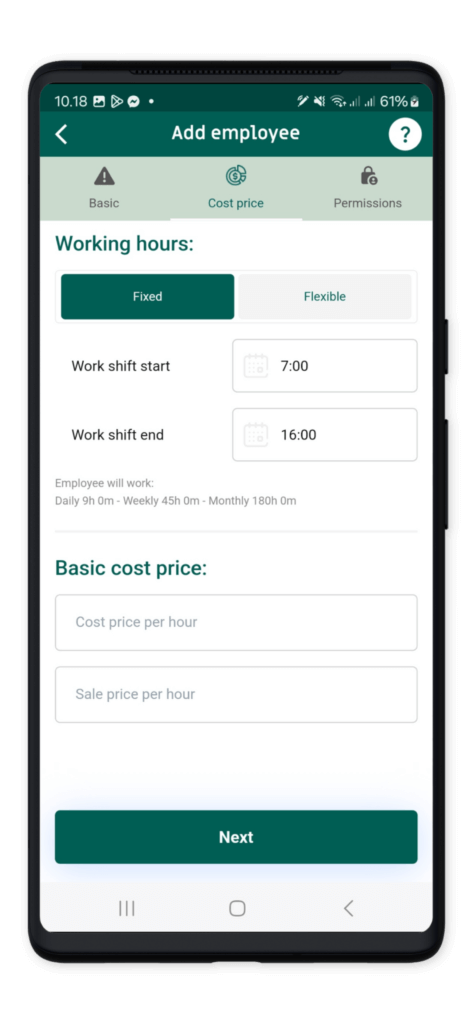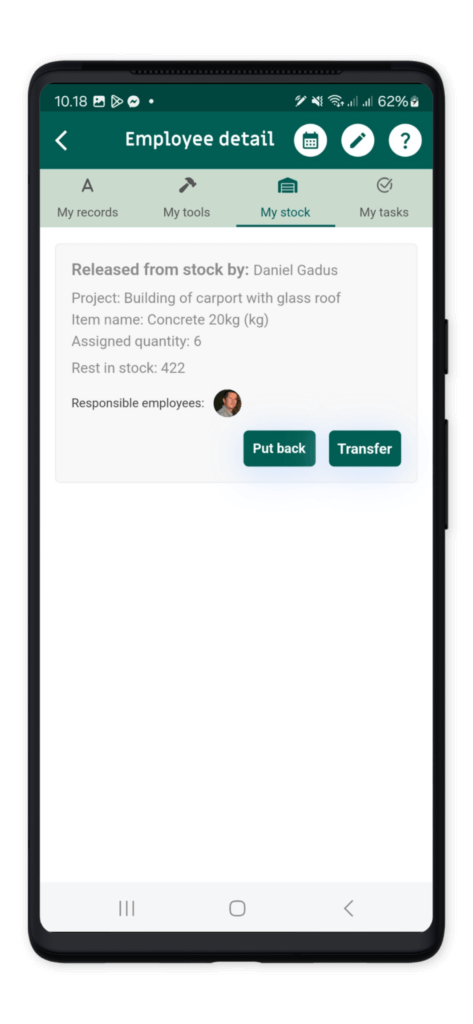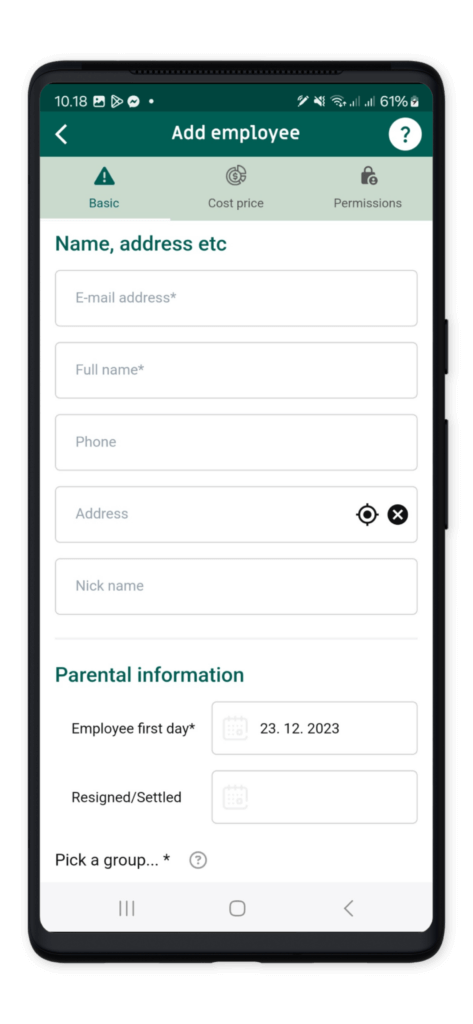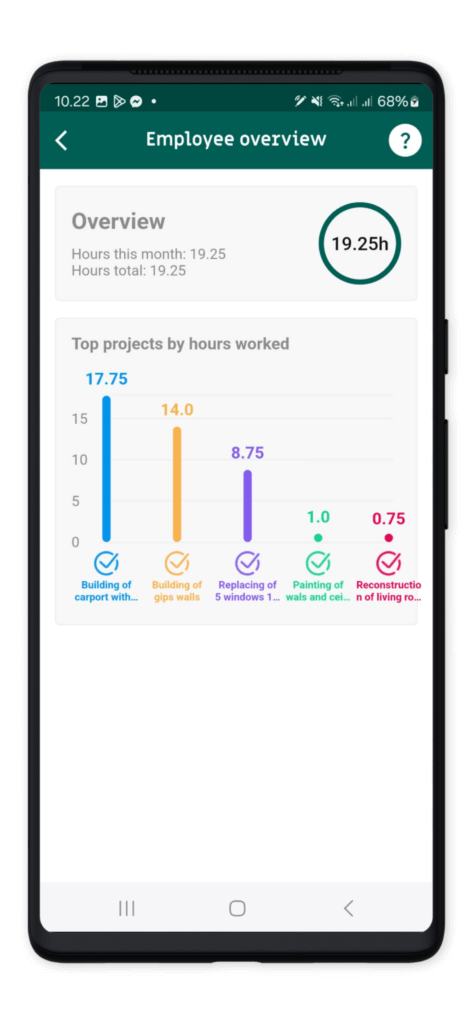Roles and Rights in Bidmio: Tailoring Access and Responsibilities.
Role-Based Access and Opportunities in Bidmio.
In Bidmio, a specialized tool for craftsmen businesses, the access and capabilities of each employee are defined by their specific role within the system. This role-based approach ensures that each team member, from apprentices to master craftsmen, has the right level of access and functionality to perform their tasks effectively.
Owners: Typically designated to the business owner or lead craftsman, this role provides full access to all the features within Bidmio, enabling complete management of the business operations.
Managers: These roles may include Workshop Manager, Safety Officer, HR Manager, and Quality Assurance Supervisor, each with specific responsibilities and access rights.
Employees – Workshop Manager Role: The Workshop Manager role is crucial in a craftsmen business. Usually undertaken by a senior craftsman or a workshop coordinator, this role involves managing job schedules, maintaining artisan and project data, and guiding new craftsmen in using the system. Bidmio is an invaluable tool for the Workshop Manager, streamlining daily management tasks.
Role-Based Access Customization in Bidmio
- Different functions within Bidmio are accessible based on the role assigned to each craftsman.
- Craftsmen can easily view their schedules, specific task instructions, and their own personal information.
- Workshop Managers handle job scheduling approvals, maintain artisan and project records, and facilitate the integration of new craftsmen into the system.
- Additional specialized roles can be assigned to skilled artisans and specialists within the team as needed.
Bidmio’s role-based system is specifically tailored for the complexities and intricacies of craftsmen businesses, ensuring that each team member has the access and tools necessary for their role. This not only boosts efficiency but also fosters a well-organized and secure working environment for artisans.
Versatile and Accessible on Multiple Devices.
Flexibility is a key advantage. It is designed for ease of use on various devices, including local PCs, mobile phones, tablets, and iPads. This multi-platform compatibility means that employees can access and manage their time and tasks conveniently, whether they are on the production floor, in the office, or on the go.



